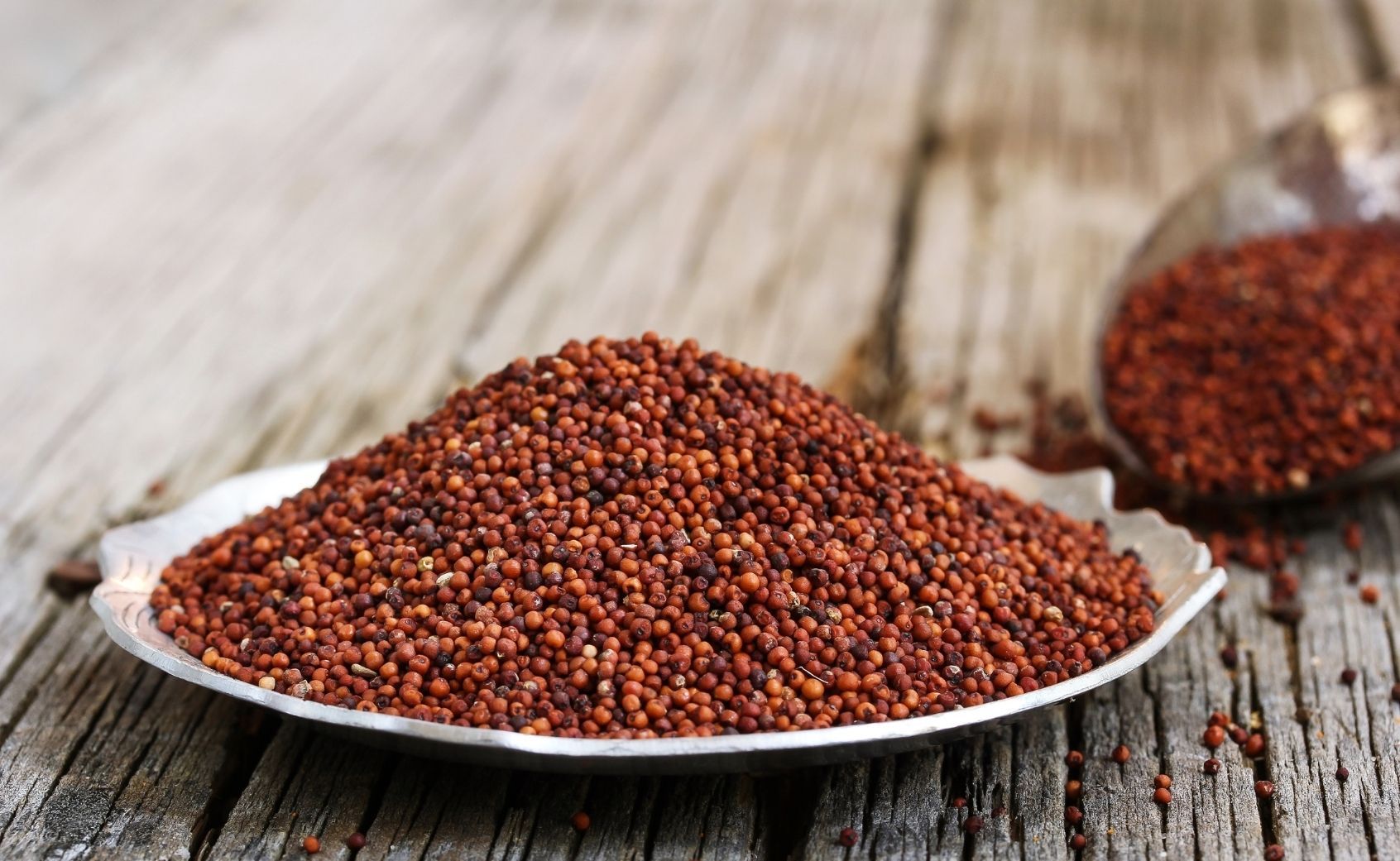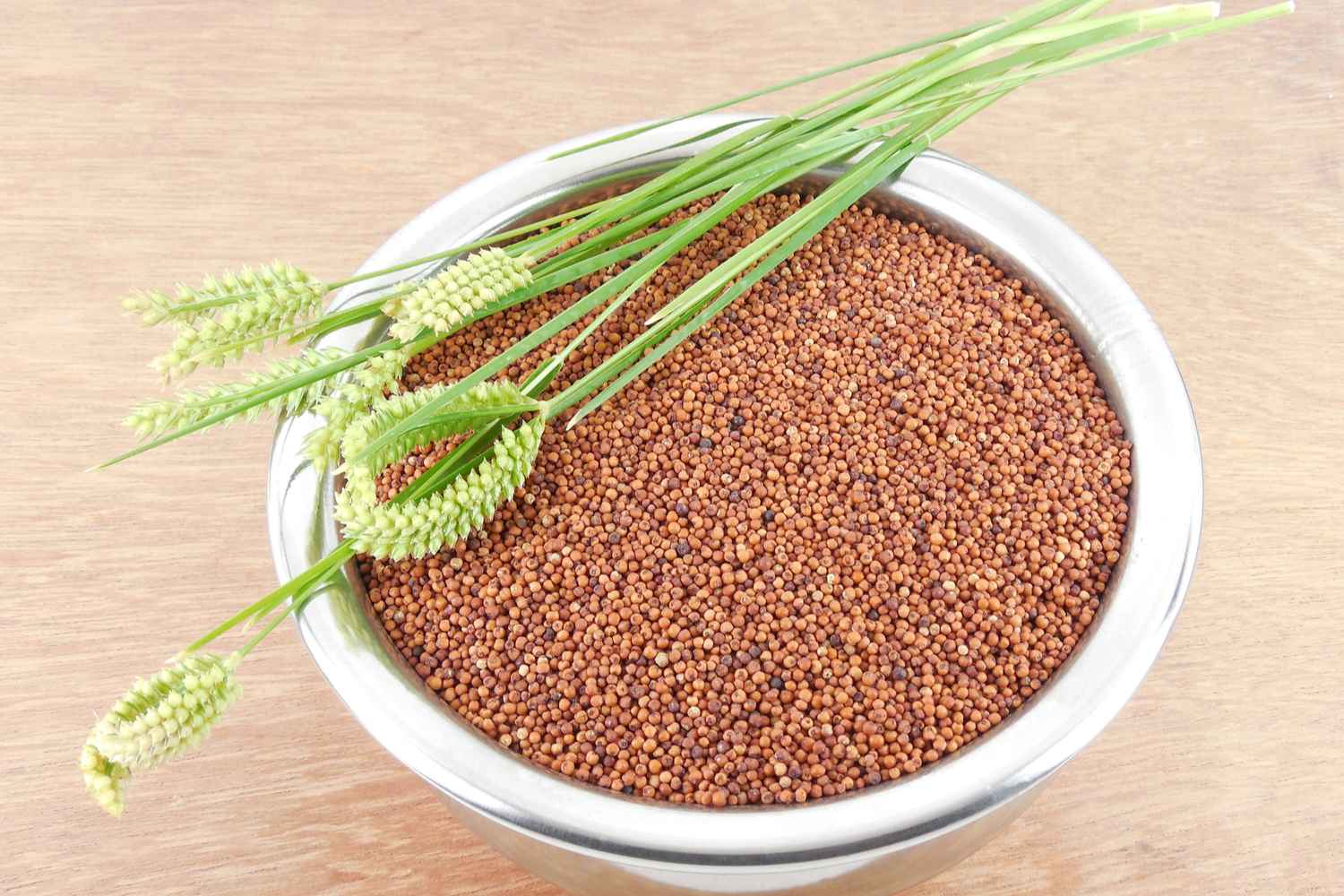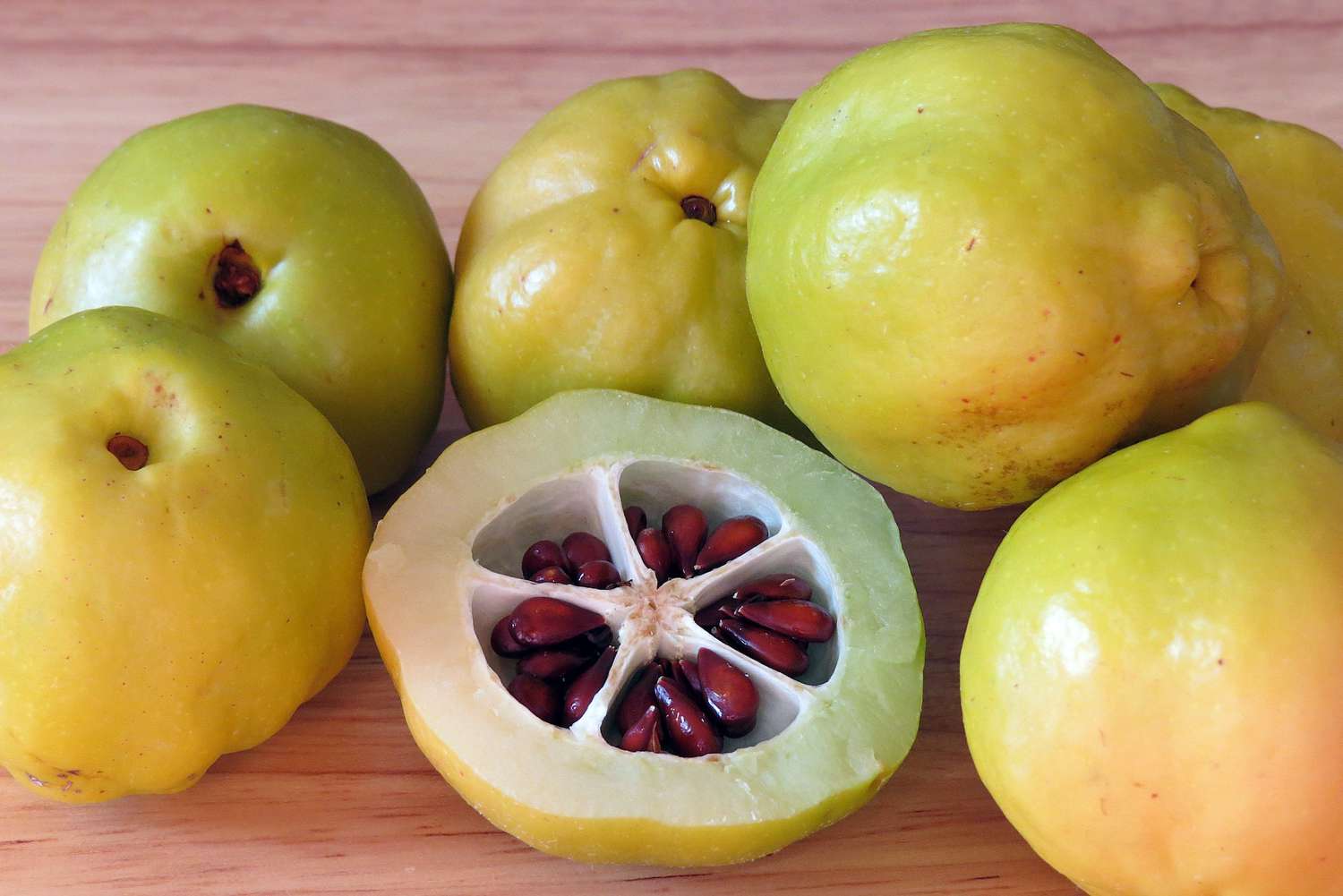How to Safely Enjoy Raw Eggs
Raw eggs have been a topic of debate for many years. Some people swear by the health benefits of consuming raw eggs, while others are concerned about the potential risks of foodborne illness. If you’re interested in incorporating raw eggs into your diet, it’s important to do so safely to minimize the risk of illness. Here are some tips on how to eat raw eggs without vomiting:
Choose Quality Eggs
When consuming raw eggs, it’s crucial to start with high-quality, fresh eggs. Look for eggs that are labeled as pasteurized, as this process kills any potential bacteria, making them safer to consume raw. Additionally, opt for organic or free-range eggs, as they tend to have a lower risk of contamination.
Store Eggs Properly
Proper storage of eggs is essential to reduce the risk of Salmonella contamination. Keep your eggs refrigerated at all times and discard any that are cracked or damaged. It’s also best to consume the eggs before the expiration date to ensure freshness.
Inspect the Eggs
Before consuming raw eggs, take a moment to inspect them. Look for any signs of spoilage, such as an off-putting odor or unusual discoloration. If the eggs appear questionable in any way, it’s best to err on the side of caution and discard them.
Separate the Yolk and White
One way to reduce the risk of consuming any potential bacteria in raw eggs is to separate the yolk from the white. The yolk is less likely to harbor bacteria, so isolating it can make consuming raw eggs safer. However, it’s important to note that this method doesn’t eliminate all risk, so it’s still crucial to use caution.
Blend Into Smoothies or Shakes
If the idea of consuming raw eggs on their own is unappealing, consider blending them into a smoothie or shake. This not only masks the texture and flavor of the raw eggs but also allows you to enjoy their nutritional benefits in a more palatable way.
Combine with Other Ingredients
Another way to make raw eggs more enjoyable is to incorporate them into recipes that call for raw or lightly cooked eggs, such as homemade Caesar dressing or tiramisu. When combined with other ingredients, the raw eggs are less likely to cause an adverse reaction.
Consult a Healthcare Professional
Before making any significant changes to your diet, especially when it comes to consuming raw foods, it’s wise to consult with a healthcare professional. They can provide personalized advice based on your health status and any potential risks associated with consuming raw eggs.
While consuming raw eggs can be done safely, it’s essential to take precautions to minimize the risk of foodborne illness. By following these tips, you can enjoy the nutritional benefits of raw eggs without the fear of vomiting or other adverse reactions.











